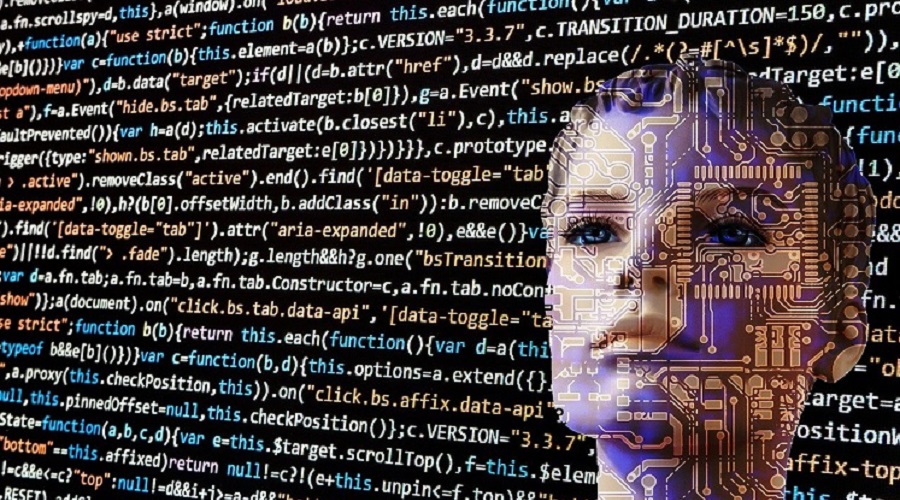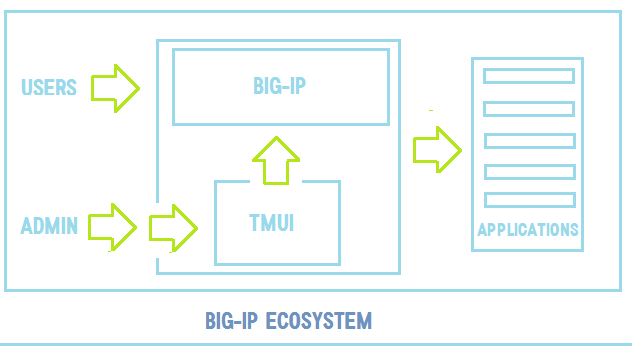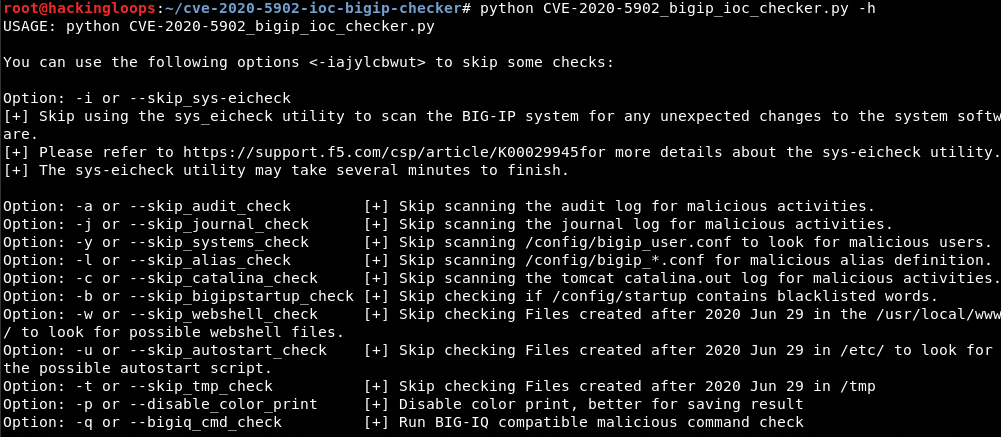The current Cybersecurity architecture is based on cryptographic algorithms implemented all over the world. Authentication, digital signatures, encryption, electronic transactions, time-stamping, and secure network communication are few examples of everyday security implementations that are based on cryptography. The success of these cryptographic measures is dependent on the computational complexity of the Cryptographic protocols. For instance, the Advanced Encryption Standard (AES) used in symmetric cryptography has a key length of 128 (AES-128), 192 (AES-192), and 256 (AES-256) bits. If an attacker launches a brute-force attack against AES-128, it requires 2127 combination of keys which may take thousands of years with current computation powers. However, with the evolution and advancement in quantum computing, the complexity of these cryptographic algorithms may reduce significantly. Although it’s a great achievement in IT development sector, it can also be a great security threat to the current Cyberspace architecture. In this article, we will discover the idea of quantum computing, the current advancements in the field, and security challenges that may arise as the quantum computing flourishes with time.
What is Quantum Computing
Quantum computing is the scientific study and advancement in computer technology that is based on quantum physics. Quantum physics is the study of energy and matter at the most fundamental (i-e atomic and sub-atomic) level. To understand quantum computing, we need to understand few quantum physics terminologies including quantum, qubit, entanglement, and superposition.
Quantum: Quantum in physics is the smallest possible unit of a physical property. In quantum computing, the quantum is the mechanics used by the systems to calculate the outputs.
Superposition: The concept of superposition can be understood with the help of a coin example. Let’s assume flipping of a coin. In classical computing, we can only predict one of two positions of the coin i-e heads or tails. However, if we can see both heads and tails at the same time and all the states in between, the coin is said to be in superposition.
Qubit: The basic unit of information in quantum computing is called quantum bit or simply the qubit. The role of qubit in quantum computing is like the role of binary bits (0,1) in classical computing. However, the qubit can hold a superposition of all possible states.
Entanglement: Entanglement is the property to correlate the results of one qubit with other qubits. This property allows adding more qubits to the system and solving exponentially complex problems.
Quantum interference: Quantum interference is the native behavior of the qubits while attaining the superposition. Reducing interference is one of the biggest challenges of quantum computers technology.
To conclude the above, quantum computing can be thought of a computation that benefits from the collective properties of quantum states. Quantum computing relies on quantum computers with three major requirements: a space to hold the qubits, mechanism to transfer signals to the qubits, and classical computers to run commands and instructions.
Applications of Quantum Computing
Although Quantum computing is at evolutionary stage, experts have predicted the future use of Quantum computing in different domains. Following is a brief summary of some of the most popular fields where Quantum computing is expected to play a major role in future.

Artificial Intelligence
Artificial Intelligence (AI) is a fast-growing field with widespread applications, such as, Objects recognition, Speech recognition, Fraud detection, Spam detection, Malware detection, etc. Although traditional computers are handling majority of AI tasks efficiently, they do have limitations while solving complex computational problems. On the other hand, Quantum computer can manage these problems with better accuracy. For instance, AI is used in diagnostics of various ailments by discovering patterns. Quantum computing can make the discovery process faster with more accuracy.

Financial Decisions
Finance industry uses different simulations and algorithms to find out the best investment opportunities. Traditional computers are used to find out the best indicators by comparing past data. Technically, the traditional computers are not good enough to make the right decisions as compared to the Quantum computers. Quantum computers, being fast and more intelligent, can make right choices of investments in a very short span of time.

Weather Forecasting
Quantum computing can also facilitate the weather forecasting sector. Traditional computing technology often makes wrong weather predictions since climate indicators change dramatically, making it difficult for traditional computers to timely and precisely predict the changes. These issues can easily be resolved with the introduction of Quantum computing in Weather forecasting field.

Optimization Usage
Quantum computing is expected to play a major role in solving optimization problems in industries using different quantum approaches (models). There are two main models in Quantum computing that are used for optimization problems. These are: (1) Universal Gate Model and (2) Quantum Annealers. Energy grids, large autonomous fleets, financial portfolio, logistic routes, and manufacturing designs are few example sectors where Quantum computing can play the optimization role.

Pharmaceutical R&D
With classical computers and technology, pharmaceutical industries spend billions of dollars and years to launch and market the product. Quantum computing can reduce this cost and time through correct drug designing, efficient testing, and faster target (patients) identification. Products designed and tested using Quantum computing shall be less prone to errors and trials as compared to pharmaceutical products prepared using classical R&D techniques.
Quantum Computing Security Challenges
Although Quantum computing is going to be a miraculous addition to the global technology, it can create undesired problems for the Cybersecurity industry at the same time. In Cyberspace, data is considered as the most valuable asset for any organization. Global industries spend billions of dollars to secure data from being hacked. The main technique used for data security is the application of encryption algorithms. Majority of the existing encryption techniques used by the enterprises are based on the idea of combinatorics, a mathematical field that deals with selection, arrangement, and mathematical operations within a discrete or finite systems. Quantum computing can solve the combinatorics quite easily to break almost all such encryption algorithms. This capability of Quantum computers is a big threat to the current encryption standards including AES and RSA public key cryptography.
Conclusion
There is a great deal of benefits for industries to adopt Quantum computing in the future. Data storage methods, processing techniques, and complex calculations in no time are the key attributes that differentiate Quantum computing from classical computing. Threat to current encryption algorithms and immense utilization of energy are the main drawbacks of Quantum technology. Many organizations have started working on Quantum-ready algorithms to counter the future Quantum threats to Cybersecurity.






